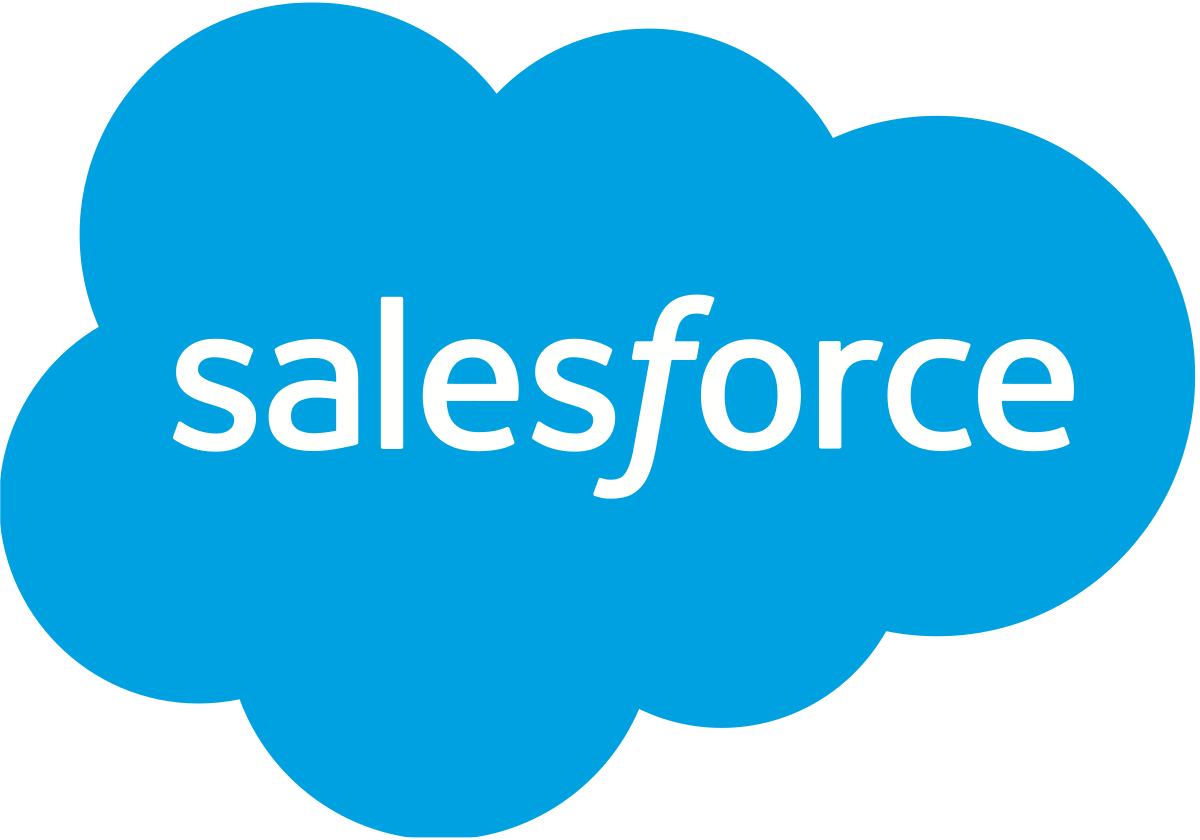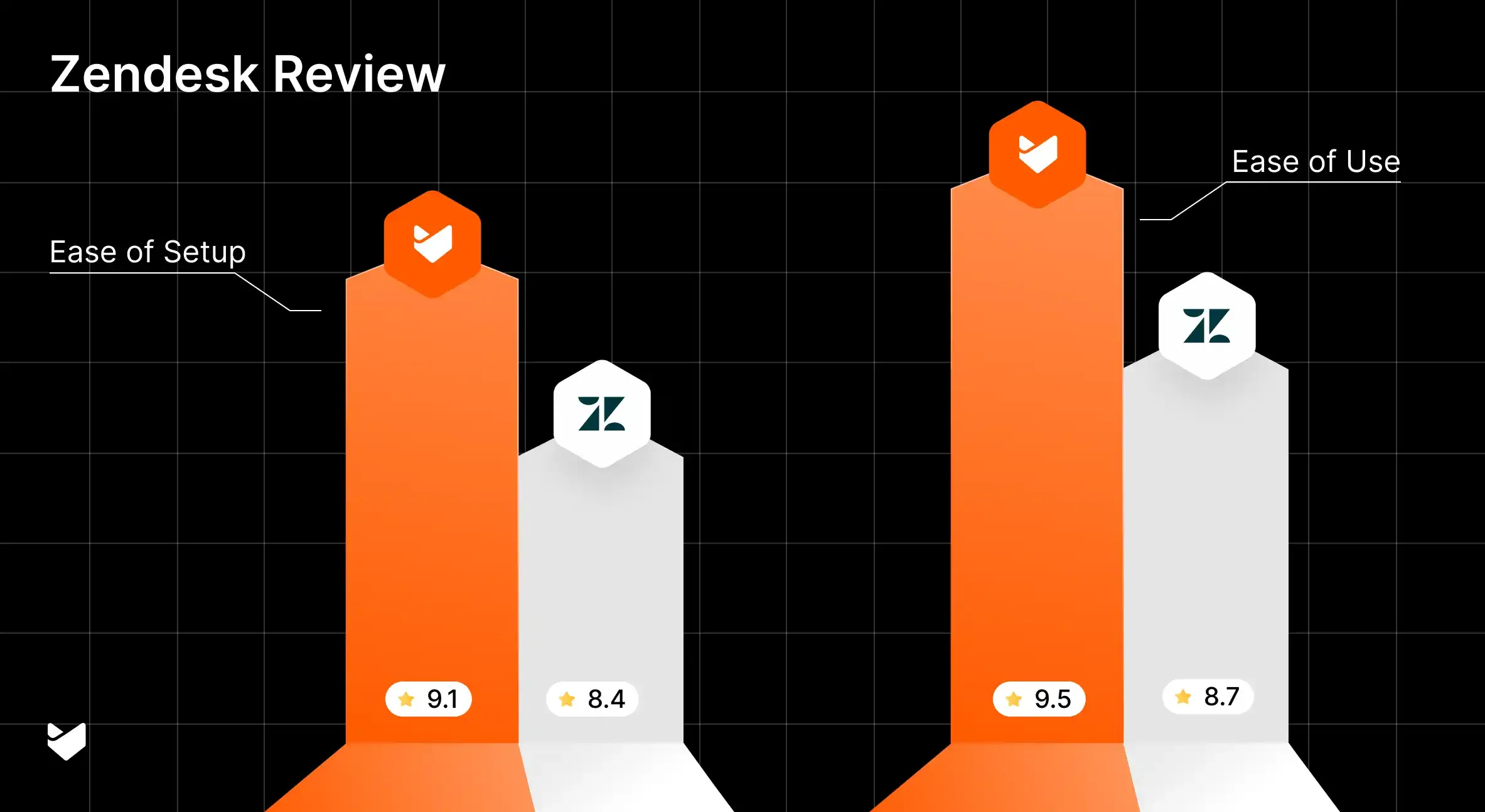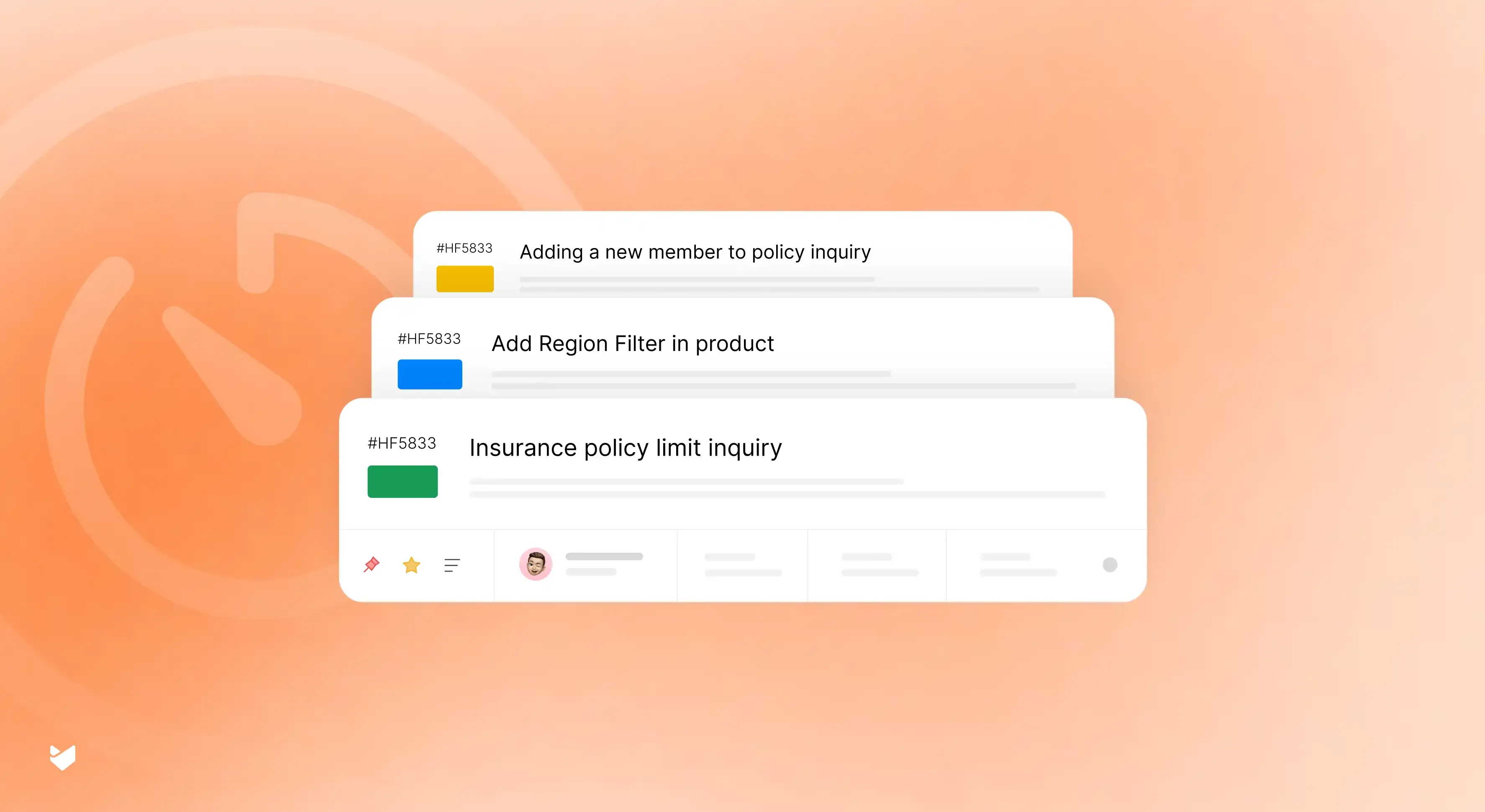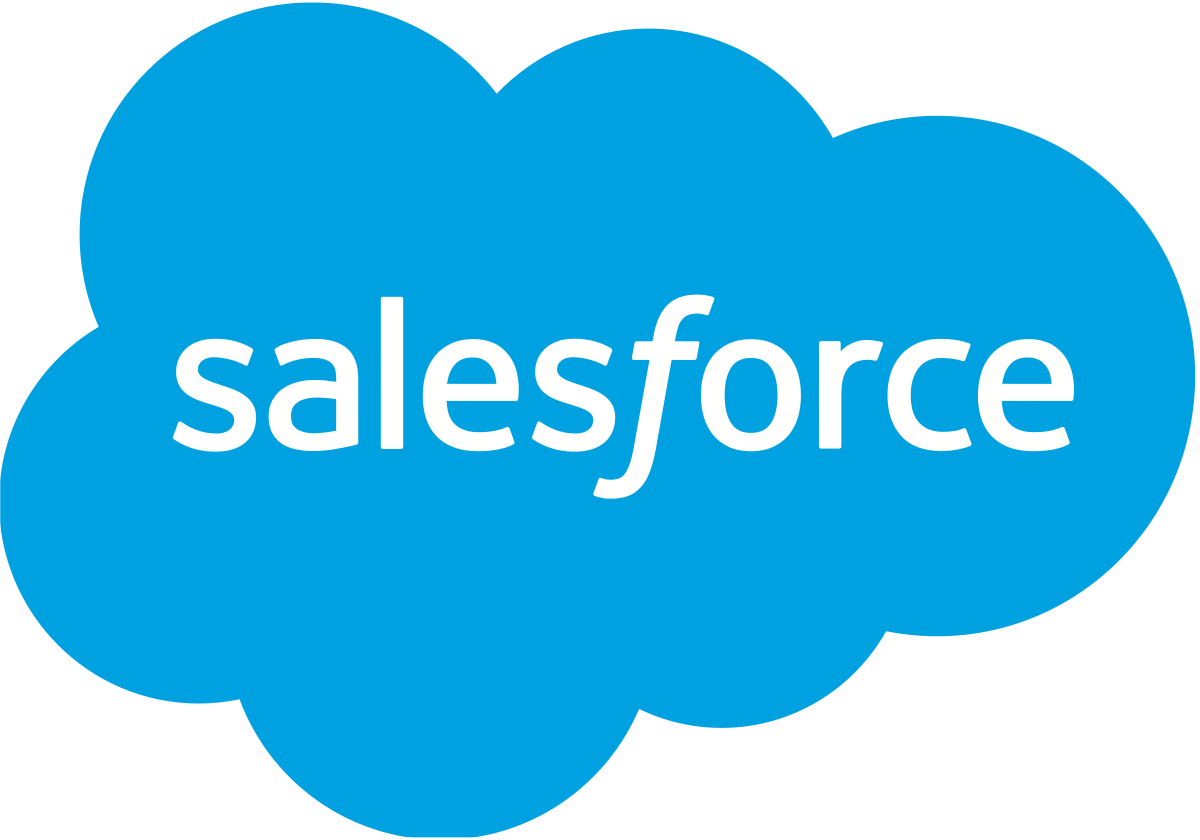Case Management Software: The Definitive Guide for 2025

Shalin
Founder & CEO HappyFox
October 21, 2025
Organizations face mounting pressure to deliver exceptional customer service while managing increasing case volumes and complexity. When emails pile up, social media mentions multiply, and support requests flood in from multiple channels, traditional approaches quickly become overwhelmed.
Case management software emerges as the solution to this challenge—transforming chaotic interactions into structured, manageable processes. By centralizing customer communications, automating routine tasks, and providing powerful insights, these platforms help teams deliver faster, more personalized service while reducing operational costs.
Whether you're considering your first case management solution or looking to upgrade existing case tracking software, this comprehensive guide will help you navigate the options, understand essential features, and implement strategies that maximize your return on investment.
Case management software is a specialized solution that centralizes, tracks, and automates the handling of customer inquiries, service requests, and support issues across multiple channels. It transforms scattered interactions into organized, trackable cases that can be efficiently managed, assigned, and resolved.
Unlike manual tracking methods like spreadsheets or email folders, case management platforms automate routine tasks, prioritize urgent issues, and ensure consistent service across all customer touchpoints. The system maintains a comprehensive record of all customer interactions, providing full context for support agents.
Whether handling support tickets, legal cases, healthcare inquiries, or service requests, case management software brings order to complexity by organizing unstructured interactions into manageable cases. This structured approach enables teams to deliver faster, more personalized resolutions while maintaining visibility throughout the entire case lifecycle.
Implementing robust case management tools delivers significant advantages that can transform your customer support operations:
- Streamlined Case Tracking: Modern case management solutions convert incoming inquiries from multiple channels—email, phone, chat, social media—into unified tickets. This consolidation means service representatives can access complete customer histories, previous interactions, and relevant documents without switching between systems.
- Enhanced Efficiency with Automated Workflows: With automated routing, prioritization, and categorization, cases reach the appropriate team members instantly. Routine questions can be handled through self-service options while complex issues are directed to specialists. This workflow optimization leads to faster resolution times and higher team productivity.
- Improved Customer Experience: When issues are resolved promptly and accurately, customer satisfaction soars. Customer service case management software enables personalized service by providing context for each interaction, allowing agents to deliver tailored solutions rather than generic responses.
- Data-Driven Decision Making: Comprehensive analytics reveal patterns in customer inquiries, agent performance, and resolution times. These insights help identify recurring issues, training needs, and optimization opportunities. With real-time reporting, organizations can continuously refine their support strategies.
- Streamlined Team Collaboration: Case management platforms facilitate seamless teamwork by enabling agents to share notes, transfer cases, and collaborate on complex issues. This coordination reduces duplication of effort and ensures knowledge is leveraged across the organization.
Key Features of Case Management Tools
When evaluating case management solutions, look for these essential capabilities:
- Multi-Channel Support Integration: Effective help desk case management software should integrate seamlessly with email, web forms, phone systems, live chat, and social media platforms. This omnichannel approach ensures no customer inquiry falls through the cracks, regardless of how it arrives.
- Intelligent Workflow Automation: Look for customizable automation rules that can route cases based on type, priority, or skill requirements. Advanced systems allow you to create condition-based workflows that trigger specific actions, notifications, or escalations automatically.
- Knowledge Management System: A robust knowledge base integration helps agents quickly access relevant information, procedures, and solutions. The best systems suggest appropriate knowledge articles based on case content, speeding up resolution and ensuring consistency.
- Self-Service Portal Options: Customer portals, FAQ sections, and searchable knowledge bases empower customers to find answers independently. These self-service tools reduce ticket volume while providing 24/7 support options.
- Comprehensive Reporting Analytics: Customizable dashboards and reports provide visibility into key metrics like first-response time, resolution time, customer satisfaction scores, and agent performance. These insights drive continuous improvement.
- Flexible Customization Options: Every organization has unique requirements. Look for systems that allow you to create custom fields, case types, workflows, and user interfaces without requiring extensive technical knowledge.
- Enterprise Integration Capabilities: The ability to connect with CRM systems, communication tools, document management platforms, and other business applications creates a seamless ecosystem that enhances productivity and data consistency.
Top Case Management Software Solutions in 2025

HappyFox



HappyFox stands out as the leading case management solution offering an unmatched combination of intuitive interface, powerful automation, and comprehensive reporting.
HappyFox's thoughtfully designed interface makes it remarkably accessible for non-technical users while still providing the robust customization options enterprises require. Its balance of power and usability has made it the preferred choice for organizations seeking to transform their case management operations.
Serving over 2,000 organizations worldwide, the platform combines advanced case tracking capabilities with exceptional ease of implementation and minimal training requirements.
Key Features
-
Omnichannel Support:
Seamlessly manages cases from email, phone, chat, social media, and web forms in a unified interface
-
Multi-brand support:
Centrally manage cases for different business units with separate case queues and workflows
-
Custom fields and statuses:
Configure tailored data fields and workflow statuses to match your organization's specific case types, processes, and resolution requirements.
-
Flexible workflow automation:
Optimise operations with highly customizable workflows and smart automation including time and event-based triggers for streamlined case handling that adapt to case progression and milestones needs.
-
Robust knowledge base integration:
Empower agents with searchable knowledge resources and solution templates to quickly resolve frequently encountered cases and for faster self-service.
-
Advanced AI-powered tools:
Leverage AI capabilities that suggests responses, resolutions and identifies knowledge gaps automatically.
-
Internal collaboration tools:
Enhance team efficiency through private notes and @mentions to boost team collaboration and case resolution.
-
Detailed analytics dashboard:
Access ready-to-use advanced reports around ticket inflow, resolution times, agent performance, SLA compliance, for measuring team performance and customer satisfaction metrics.
-
Seamless integration:
Connects effortlessly with CRM, communication tools, and business applications
-
Intuitive interface:
Offers extensive configuration options through an user-friendly interface that allows non-technical users to adapt the system to their specific workflows and requirements without requiring technical expertise.
Key Strengths
-
Intuitive Interface & Rapid Setup:
No steep learning curve or complex onboarding—get your support system running in under an hour with powerful features that don't require extensive training.
-
Customization Flexibility:
Adapts to any team or use case with deep customization across ticketing, support centers, workflows, automations, and reporting—going beyond one-size-fits-all solutions.
-
Comprehensive AI-Powered Support:
AI-driven productivity with instant ticket summaries, smart response suggestions, automatic resolution recommendations, priority detection, and knowledge base optimization.
-
Scalable & Transparent Pricing:
Flexible pricing that grows with your team—start small and scale effortlessly without hidden costs. Plus unlimited-agent plans with cost-saving potential for larger teams.
-
Exceptional Customer Support Culture:
Entire team, including leadership, is committed to your success—ensuring faster escalations, quicker resolutions, and direct access to decision-makers.
-
Enterprise Features Without Complexity::
Get all the functionality you need without unnecessary complexity, steep learning curves, or the overhead typically associated with enterprise solutions.
Ideal For
-
- Startups with limited resources that need quick setup, AI automation, and affordable pricing that scales.
- Growing companies that need simple, all-in-one solutions without complexity or high costs.
- Organizations with multiple teams (IT, HR, Facilities) that need unified collaboration for internal and external support.
- Large operations that need enterprise-grade security, global deployment, and deep system integrations.


A help desk system that has increased our team efficiency.
Joe Runciman
Online course developer, Accelerate Education

Salesforce Service Cloud



ServiceNow offers a solid case management platform known for its scalability and automation capabilities.
Key Features
-
Comprehensive customer profiles that incorporate data from sales, marketing, and service
-
Einstein AI for intelligent case routing, suggested responses, and predictive analytics
-
Powerful automation tools for complex workflow requirements
-
Integrated knowledge management for case-relevant information access
-
Extensive customization capabilities
Recommended Reading:
Learn how Salesforce integrates with HappyFox.

ServiceNow



ServiceNow offers a powerful enterprise case management platform known for its scalability and extensive automation capabilities.
Key Features
-
End-to-end case lifecycle management with comprehensive tracking
-
Advanced workflow engines for complex business processes
-
Extensive integration options with third-party systems
-
Powerful reporting and analytics for case performance management
Recommended Reading:
Ticketing System: Complete Guide

Pega



Pega delivers sophisticated case management capabilities with its AI-powered automation and decision-making tools.
Key Features
-
Adaptive case management that evolves with changing business needs
-
AI-driven next-best-action recommendations for agents
-
Low-code development environment for rapid customization
-
Robust compliance and security frameworks for regulated industries
We also recommend reading:
5 Telltale Signs It’s Time to Upgrade Your Help Desk Software

Freshdesk



Freshdesk delivers user-friendly case management with powerful automation and collaboration features.
Key Features
-
Scenario automation for complex, multi-step processes
-
Team collaboration tools including shared ownership and private notes
-
Powerful SLA management with escalation mechanisms
-
Comprehensive knowledge base integration with suggestion capabilities
Learn More:
HappyFox vs Freshdesk comparison.
How to Choose the Right Case Management System
Selecting the ideal case management solution requires careful evaluation of your specific needs:
-
Assess Your Current Case Workflows:
Begin by documenting your existing case management processes. Identify pain points, bottlenecks, and manual tasks that could be automated. Understanding your current state provides a benchmark for evaluating potential improvements.
-
Define Your System Requirements:
Create a prioritized list of must-have and nice-to-have features based on your organizational needs:
- What channels must be supported (email, phone, chat, social media)?
- What integrations are essential (CRM, billing, ERP)?
- What reporting capabilities do you need?
- What customization requirements exist?
- What volume of cases will the system need to handle?
-
Evaluate Cloud Case Management Scalability:
Choose a solution that can grow with your business. Consider factors like user license costs, storage limitations, and the ability to add new features or channels as your needs evolve.
-
Consider Total Cost of Ownership:
Look beyond the initial subscription price to understand the full investment:
- Implementation and setup costs
- Training requirements
- Customization expenses
- Ongoing support and maintenance fees
- Additional costs for premium features
-
Request Product Demonstrations:
Once you've narrowed your options, schedule demonstrations with vendors. Prepare specific scenarios from your actual operations and ask vendors to demonstrate how their solution would address them.
-
Check Vendor References:
Speak with existing customers in your industry to gain insight into their experiences. Ask about implementation challenges, support quality, and how the solution has impacted their operations.
Case Management Software Implementation Steps
A successful case management software implementation requires careful planning and execution:
-
Develop a Clear Implementation Plan:
Create a detailed roadmap that includes milestones, responsibilities, and timelines. Establish clear success criteria so you can measure progress and outcomes.
-
Start with Core Functionality:
Rather than implementing all features simultaneously, begin with essential capabilities that address your most pressing needs. This phased approach reduces complexity and allows teams to adapt gradually.
-
Customize Case Workflows Thoughtfully:
While customization enables alignment with your processes, excessive modifications can complicate upgrades and maintenance. Strike a balance between adaptation to your needs and maintaining standard functionality.
-
Invest in User Training:
Comprehensive training ensures users can leverage the system's full capabilities. Consider different learning styles by offering a mix of documentation, hands-on sessions, and video tutorials.
-
Plan for Data Migration:
If transitioning from another system, develop a detailed migration strategy. Determine what historical case data needs to be preserved and how to maintain data integrity during the transfer.
-
Gather Continuous Feedback:
Establish feedback mechanisms to capture user experiences and suggestions. Regular check-ins help identify adoption challenges and optimization opportunities.
Industry-Specific Case Management Applications
Case management software adapts to diverse industry requirements:
-
Customer Support:
Support teams use help desk case management software to track and resolve customer inquiries across channels. Key features include ticket categorization, SLA management, and knowledge base integration.
-
Financial Services:
Financial institutions leverage case management for handling account inquiries, loan applications, and compliance documentation. Security features and audit trails are particularly important in this sector.
-
Healthcare:
Healthcare organizations utilize case management for patient inquiries, insurance verification, and care coordination. HIPAA compliance and secure communication features are essential in this context.
-
Legal Services:
Law firms implement case tracking software to organize client matters, document management, and deadline tracking. Calendar integration and document assembly capabilities are particularly valuable.
-
Government Agencies:
Government agencies employ enterprise case management for citizen service requests, license applications, and program enrollment. Workflow automation and reporting capabilities help manage high volumes efficiently.
Future Trends in Case Management Software
Looking ahead, several innovations are reshaping case management software:
-
AI-Powered Assistance:
Artificial intelligence is transforming case management through:
- Automated case categorization and routing
- Suggested responses based on case content
- Sentiment analysis for prioritizing emotional customers
- Predictive analytics to identify potential escalations
-
Conversational Interfaces:
Natural language processing enables more intuitive interactions with case management systems:
- Chatbots for initial case capture and resolution
- Voice-enabled case creation and updates
- Conversation analysis for quality assurance
- Automatic summarization of case interactions
-
Mobile-First Design:
As workforces become increasingly distributed, mobile capabilities are essential:
- Full functionality on smartphones and tablets
- Offline access to critical information
- Push notifications for urgent cases
- Mobile document capture and processing
-
Embedded Analytics:
Advanced analytics capabilities are becoming integral to case management platforms:
- Real-time performance dashboards
- Predictive modeling for resource allocation
- Pattern recognition for identifying systemic issues
- Automated insights and recommendations
Conclusion
Effective case management software transforms how organizations handle customer interactions, internal requests, and service delivery. By centralizing information, automating workflows, and providing actionable insights, these platforms enhance both operational efficiency and customer satisfaction.
When selecting and implementing a case management solution, focus on aligning features with your specific business requirements. Consider not just current needs but also future growth and evolving customer expectations.
The right case management platform serves as more than just a tool—it becomes a strategic asset that enables consistent, efficient, and personalized service across all customer touchpoints. As customer expectations continue to rise, investing in powerful case management capabilities is no longer optional but essential for organizations committed to service excellence.
Frequently Asked Questions
What is the difference between case management software and CRM?
While both manage customer information, case management software focuses specifically on issue resolution workflows, whereas CRM systems primarily manage sales relationships and marketing interactions. Case management software offers specialized tools for handling support requests, including ticket tracking, SLA management, and knowledge base integration. Many organizations use both systems together, with CRM handling sales processes and case management handling post-sale support.
Can case management software integrate with our existing systems?
Most modern case management platforms offer extensive integration capabilities. Common integration points include CRM systems, communication tools (email, phone, chat), billing systems, authentication services, and custom business applications. Leading solutions provide REST APIs, webhooks, and pre-built connectors to popular business tools. When evaluating options, verify specific integration capabilities for your critical systems, as implementation complexity can vary significantly.
How long does it take to implement case management software?
Implementation timelines vary based on complexity, customization requirements, and organizational readiness. Simple deployments for small teams can be completed in 2-4 weeks, while enterprise implementations may take 3-6 months or longer.
Key factors affecting timeline include data migration complexity, integration requirements, workflow customization needs, and training scope. A phased implementation approach often yields faster initial results while allowing for gradual capability expansion.
How does case management software improve customer satisfaction?
Case management software enhances customer satisfaction through faster resolution times, more consistent service, and personalized interactions. By providing agents with complete customer history and context, it enables more informed responses.
Automated workflows ensure timely follow-up and prevent cases from being overlooked. Self-service options allow customers to find answers immediately without waiting for agent assistance. Additionally, the data collected enables continuous service improvement by identifying and addressing common customer pain points.

































